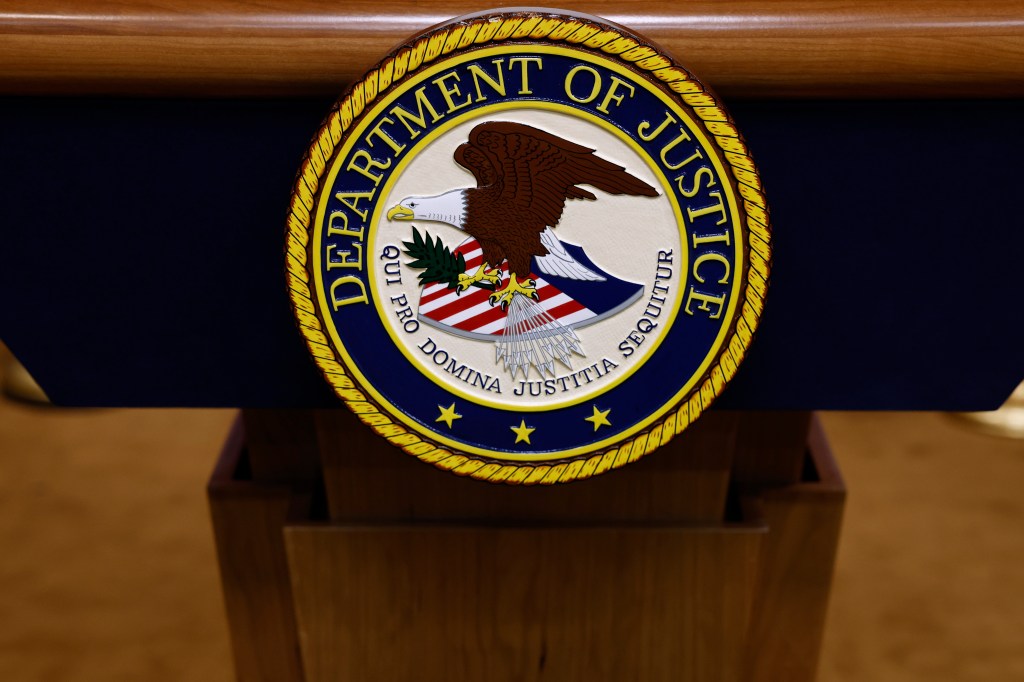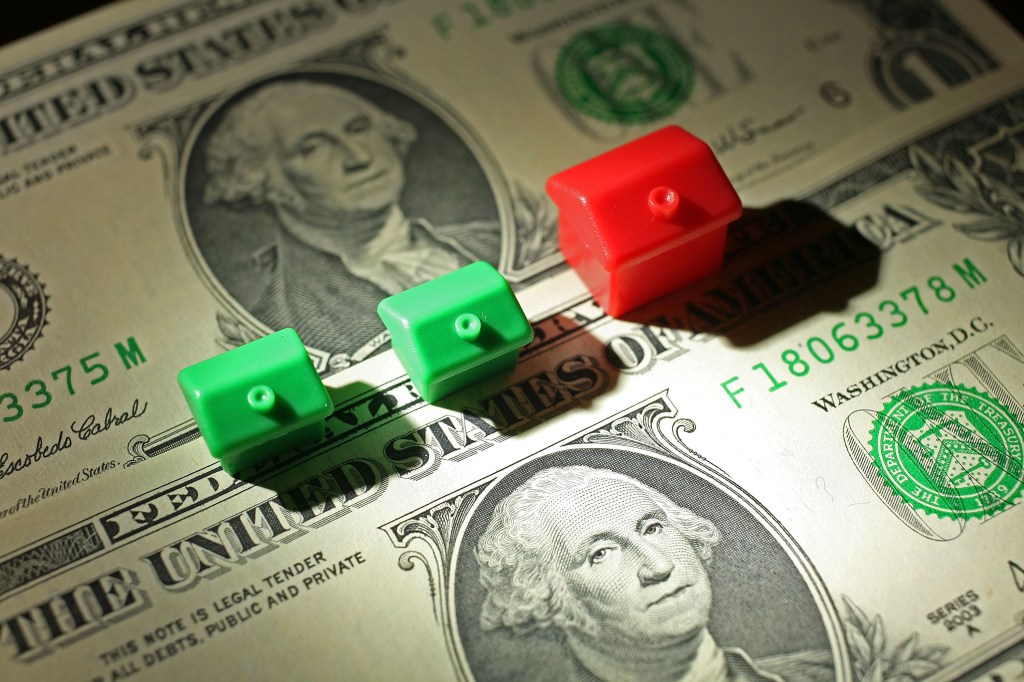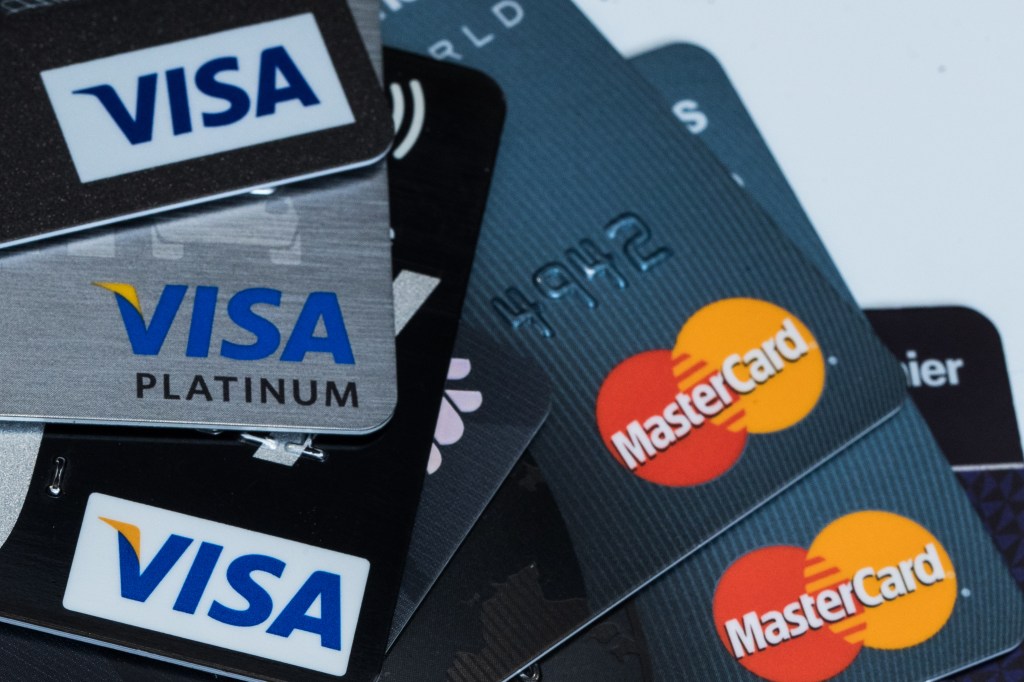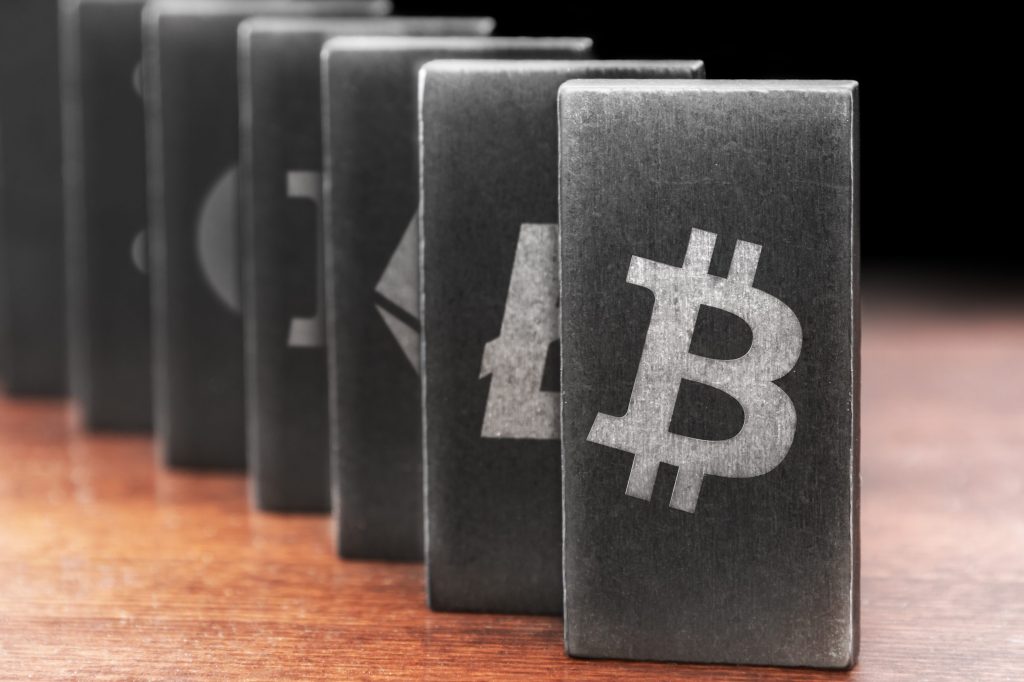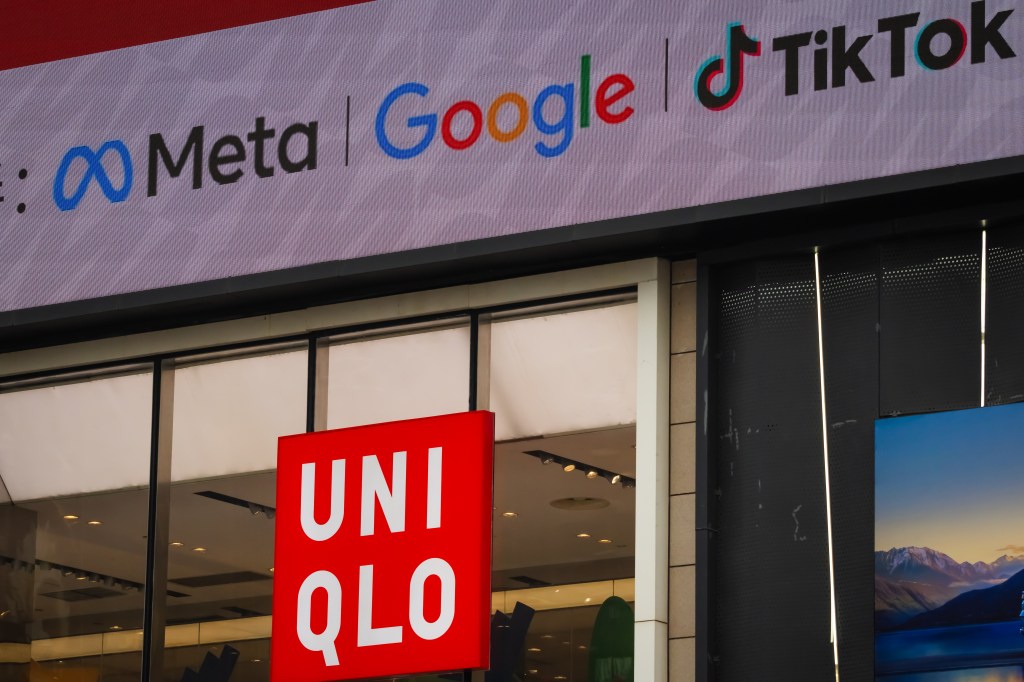The SEC has charged New York-based Unicoin, Inc. and several of its top executives with misleading thousands of investors through what the agency described as a campaign of false assurances and exaggerated claims.
At the heart of the case is Unicoin’s marketing of “rights certificates” that allegedly entitled holders to
Register for free to keep reading
To continue reading this article and unlock full access to GRIP, register now. You’ll enjoy free access to all content until our subscription service launches in early 2026.
- Unlimited access to industry insights
- Stay on top of key rules and regulatory changes with our Rules Navigator
- Ad-free experience with no distractions
- Regular podcasts from trusted external experts
- Fresh compliance and regulatory content every day

